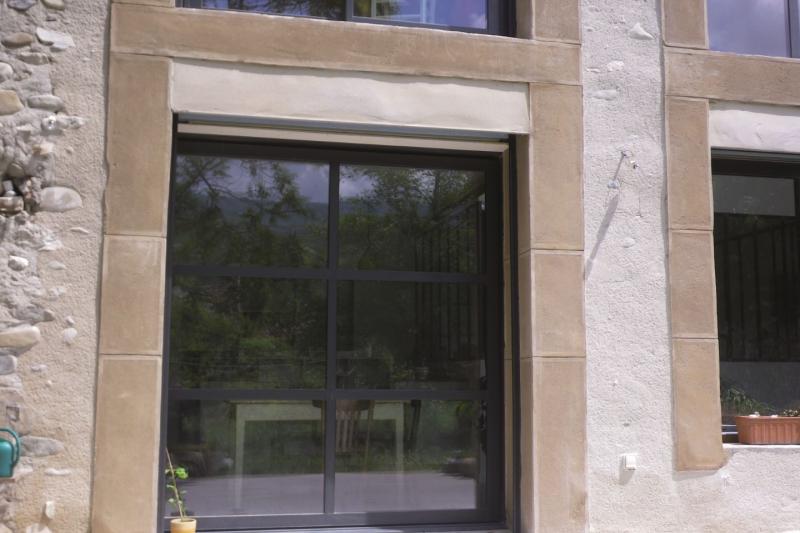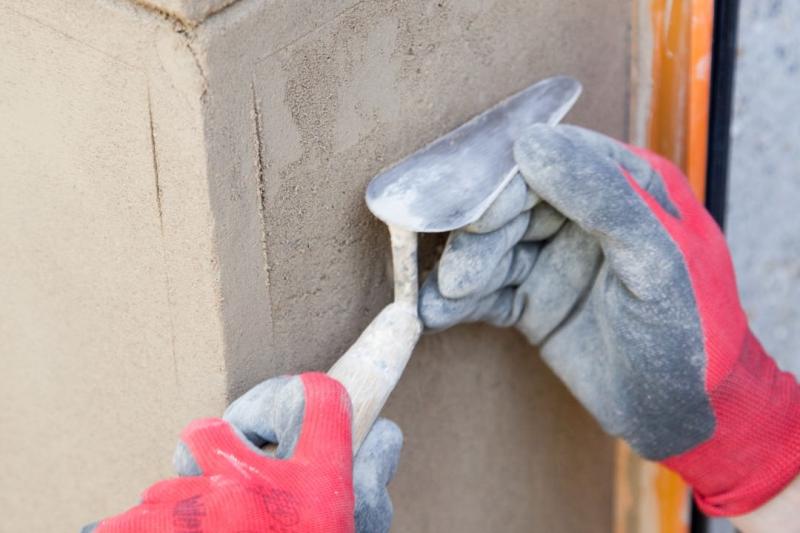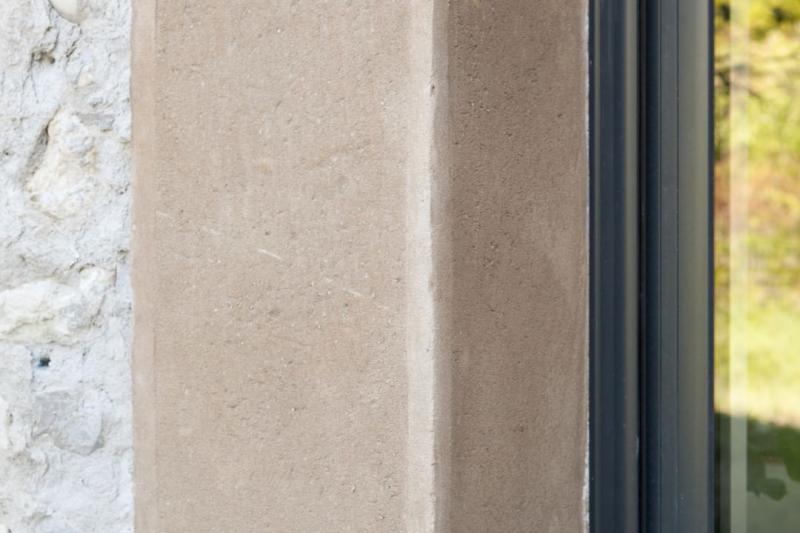Restoration & decoration
Stone imitation
Works
Imitating stone with natural cement

Restoring cornices, window frames, and facade corner elements while giving the illusion of stone decoration brings authenticity and character, all within a reasonable budget. Similarly, it's possible to enhance the aesthetic quality of garden features such as basins, fountains, bridges, arches, and garden walls by employing stone imitation techniques that create impressive trompe-l'œil (illusion) effects.
PROMPT natural cement by Vicat, applied as plaster or finishing layers on soft, medium, or hard substrates, can replicate the appearance of natural stone. This process offers a wide range of possible outcomes. The use of PROMPT natural cement provides numerous choices in terms of :
- Shapes: Stone imitations can be adapted to harmonize with the nearby buildings and landscapes.
- Colors: The natural color of the PROMPT natural cement plaster is naturally ochre. It's possible to modify this color by adjusting the sand color or by adding natural colorants such as yellow ochre, reddish-brown earth, raw sienna, etc. The addition of lime to the PROMPT natural cement plaster can also lighten the mixture.
- Textures: The texture depends on the chosen surface treatment that best imitates the original stone appearance. Surfaces can be smoothed, scratched, textured with a sponge, swept, brushed, cut, etched, or bush-hammered.
The technique of stone imitation using PROMPT natural cement is rapid and cost-effective compared to using real stone. PROMPT natural cement by Vicat is a durable solution that allows for quick application. Other advantages include the ability to create imitation stones and the breathability of the wall due to the permeability of the plaster.
Technique
Before you start imitating stone with PROMPT natural cement plaster, it's essential to prepare the substrate. Depending on its nature, specific care should be taken.
- For cornerstones, quoins, and rectilinear stones: outline the layout and place guidelines
- For aged stone appearances: pre-sketch the desired contours on the substrate and set markers
- For older substrates: identify hollow areas, clear them, clean, and potentially apply a scratch coat of PROMPT natural cement before plaster application
- For smooth substrates: roughen or apply a bonding primer. The substrate should be damp
Once the substrate is ready and the mortar prepared with an appropriate mix (PROMPT natural cement, sand, TEMPO retarder, water), proceed with application.
It's advisable to work stone by stone. Apply the PROMPT natural cement mortar with a trowel or float to a thickness of 1.5 cm on a new substrate.
In the PROMPT natural cement mortar, mark the joints using a tool (such as the pointed end of the trowel) and then firmly compress the plaster. Check the overall aesthetic and either finish the joints or cut and potentially hollow them.
Finally, treat the surface as desired. For a natural stone appearance, uniformly scratch the entire surface. For a dressed stone appearance, leave a 1-2 cm margin around the edges that will be smoothed.
Fields of application

The imitation of natural stones using PROMPT natural cement plaster on both old and new substrates is applicable for :
- Window frames
- Corner elements
- Cornices
- Basins and pools
- Bridges
- Arches
- Garden walls
Advantages of its application

PROMPT natural cement by Vicat plasters for the imitation of natural stones offer numerous advantages:
- Natural color that harmonizes with both old and new surroundings
- Permeability of the plaster
- Quick application
- Cost-effective and durable solution
Advices
In cold weather, the minimum working temperature for PROMPT natural cement is 2°C on a non-frozen substrate and with no risk of freezing during the day. In hot weather, avoid mixing at temperatures exceeding 30°C. Work with cold water and use sand that has been stored away from direct sunlight.
Achievements
Discover our realized projects
Product
Discover everything about PROMPT natural cement
The only cement with strengths at the end of setting, it allows for the quickest return to service. In formulations, it also acts as a powerful accelerator for all hydraulic binders (lime, Portland cement, calcium sulfoaluminate cement, calcium aluminate cement).
